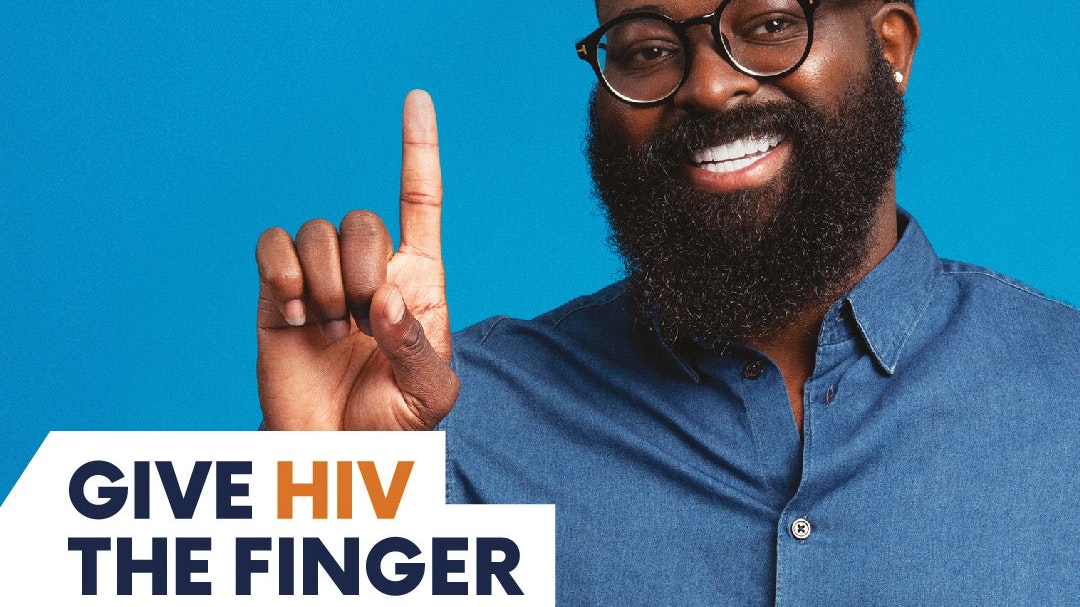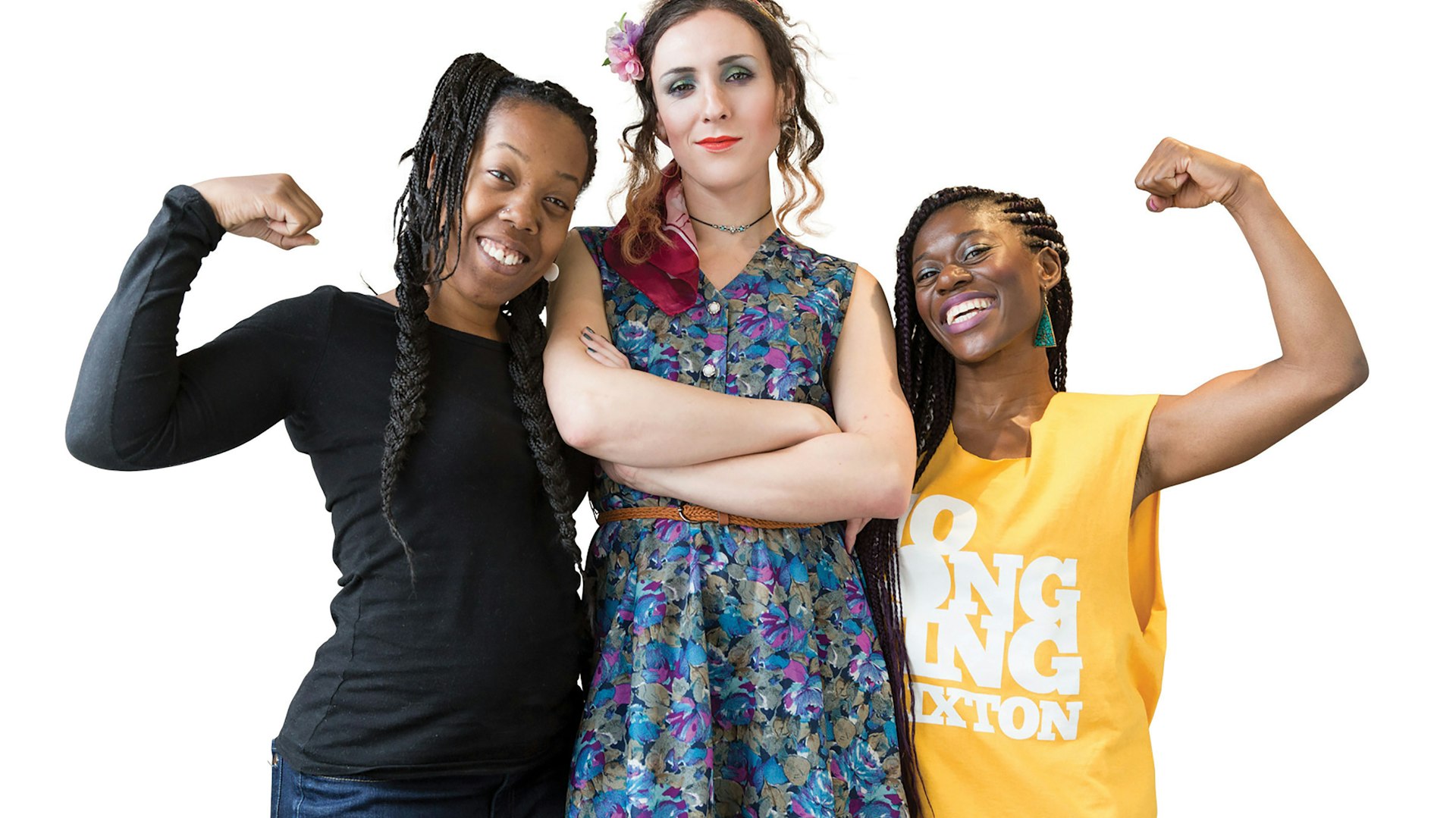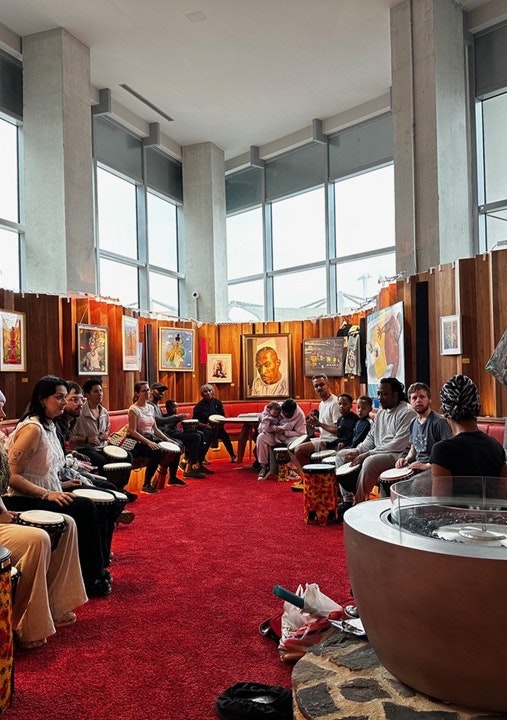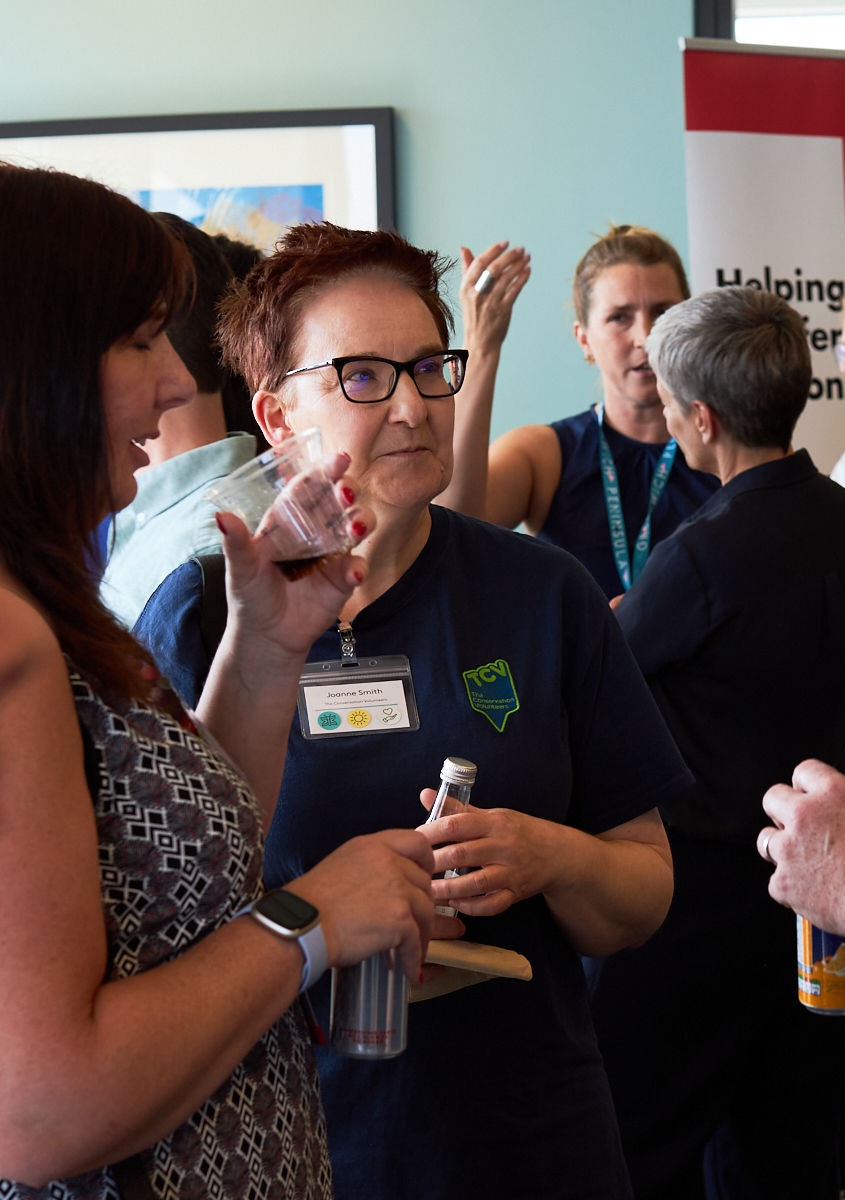
Testing Relationships
Dr Will Nutland can remember a time when the unspoken rule with regards to HIV testing, was pretty much: don’t ask and don’t tell. “Twenty-five years ago, when I first started working in this field, there was a debate as to whether it was a good idea to test at all,” says Nutland, a doctor of public health who lives in east London. “That was because if you got a positive diagnosis, there wasn’t much you could do.”
You might well remember that period, from the early 1980s, when the disease was discovered, through to the late 1990s, when reliable treatments came into use. Grappling with a terrifying, unstoppable, shame-inducing killer, early victims of HIV and its associated condition, Aids, would have been lucky to eke out a couple of extra decades of life, and were often shunned by friends, family members, employers and loved ones, and even some medical professionals. Those not directly affected, but still keen to go out and party, couldn’t escape the disease’s spectre either, since the perceived threat infection and social stigma were never far away.
How much difference a few decades make. As Nutland and his colleagues at Prepster prepare to mark the 31st World Aids Day on 1 December, they know well that HIV treatment has come of age. Prepster is a London-based advocacy group that works hard to prevent HIV spreading, partly by informing those at risk about pre-exposure prophylaxis (PrEP for short), a course of medical treatment that prevents people from contracting the disease if they’re exposed to HIV, in much the same way as you might take malaria tablets before flying out for a holiday in Kenya.
These medicines, available on the NHS, in combination with other treatments and measures, mean HIV, once a death sentence, is now about as manageable as something like diabetes. The long shadow it once cast over our social lives is beginning to lift.
"If someone is exposed to HIV and they’re on PrEP, not only can they not pick up HIV,” says Nutland, “also, they can’t pass it on.” Yet this is not the only way the spread is being stopped. Those with HIV, receiving the proper treatment, can also lower risks. They won’t be cured, but by using drugs that not only stop the virus from attacking their own body, but also those they come into contact with, “There’s a double benefit there,” explains Nutland.
In fact, he says people with HIV getting the correct care may not only live long, full lives; they could well have a longer-than-average life expectancy, “because, if you’re going in for six monthly HIV check-ups, you’re likely to have other problems picked up,” says Nutland.
What’s more, sexual contact with these well-treated individuals – whose condition is so well-controlled it is classed as “undetectable” – might be safer than sleeping with an untested partner.
“I would say having sex with someone who is undetectable is by far safer than having sex with someone who hasn’t been tested,” argues James Barr, a London comedian and co-host of the podcast A Gay and a NonGay.
Barr does not have the disease, and he takes PrEP, uses condoms and is regularly tested to protect himself and others from infection. Too young to remember the Aids crisis of the 1980's, he has interviewed older figures in the gay community, such as the actor John Benjamin Hickey, star of the recent West End hit The Inheritance; Barr also recalls something the author and former editor of Attitude magazine Matt Cain once said: for gay men having sex, it felt as if “there’s death in the room”.
“We've got two of the most effective tools in preventing HIV that we have ever seen”
“With new medication and medical advances in the fight against HIV, that’s hopefully changing now,” says Barr.This happy reversal is partly thanks to organisations such as the Terrence Higgins Trust, which, since 1982, has been working to end the transmission of HIV in the UK. The Trust says that around one in twelve people living with HIV do not know they have the virus, which of course makes the likelihood of them passing it on much higher.
Towards the end of November, during National HIV Testing Week, the trust launched its campaign to “give HIV the finger”, with a number of public figures, such as This Morning’s Dr Ranj and the DJ Fat Tony, demonstrating how quick and easy it was to submit a blood sample, either at a clinic or via a free home-testing kit, though a simple finger prick.
Early detection and treatment, combined with the prudent use of PreP, and, of course condoms, “means we’ve got two of the most effective tools in preventing HIV that we have ever seen,” says Nutland. While this is no cure, at a microbiological level Nutland and co can see progress being made. Socially, the picture can be a little more mixed. It can be off-putting to reveal your HIV status on dating apps for example, even if you are undetectable and so unable to pass the disease on.
“There are other longstanding problems, too. For example, I know of cases of people who have issues when they disclose their HIV status at work,” says Nutland. “Compare that to diabetes. With the latter, you’re much more likely to be supported, rather than stigmatised.”
The comparison feels both dispiriting and encouraging. To think of the disease as equal to diabetes would have been a distant fantasy thirty years ago; however, changing the wider perception, treatment and behaviour around HIV remains a challenge.
Nevertheless, the prospect of no new HIV cases – once a dream – is now, theoretically, within reach. This once most antisocial of social diseases could be banished from our social lives for good.
For more on PrEP, see prepster.info.For more from the Terrence Higgins Trust, see tht.org.uk. HIV testing is provided to anyone free of charge on the NHS; contact your doctor to find out more, or see nhs.uk








